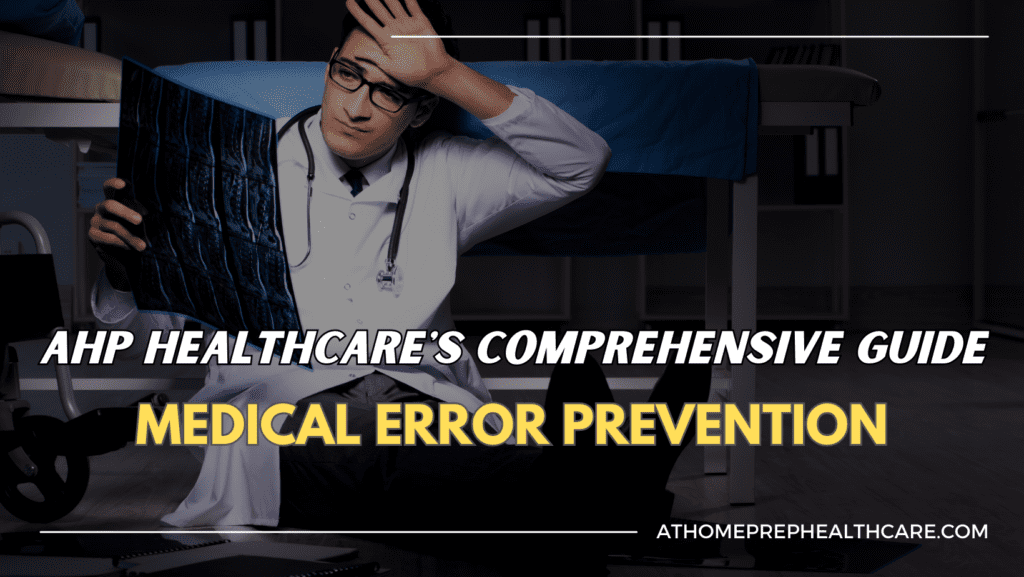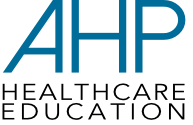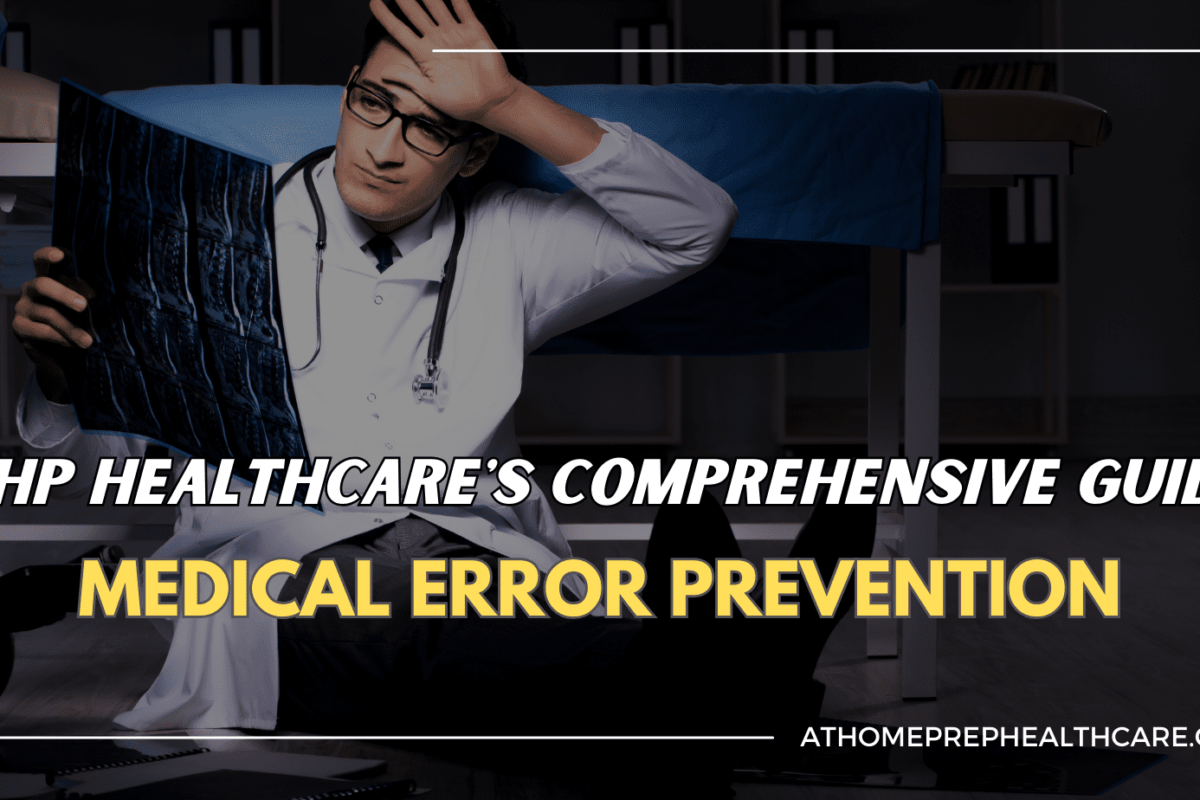 In the realm of healthcare, where the well-being of patients is paramount, the prevention of medical errors stands as a critical mission. The World Health Organization (WHO) emphasizes the global significance of this issue, recognizing medical errors as a major public health concern and a leading cause of death and injury worldwide. AHP Healthcare, understanding the gravity of this challenge, plays a pivotal role in empowering healthcare professionals to combat medical errors through comprehensive continuing education.
In the realm of healthcare, where the well-being of patients is paramount, the prevention of medical errors stands as a critical mission. The World Health Organization (WHO) emphasizes the global significance of this issue, recognizing medical errors as a major public health concern and a leading cause of death and injury worldwide. AHP Healthcare, understanding the gravity of this challenge, plays a pivotal role in empowering healthcare professionals to combat medical errors through comprehensive continuing education.
The WHO Perspective:
The World Health Organization underscores the importance of learning from medical errors to enhance patient safety. In their view, cultivating a culture that encourages the reporting and analysis of errors is fundamental. This approach enables healthcare professionals to pinpoint the root causes of errors and develop effective strategies to prevent their recurrence. Notably, the WHO emphasizes that individuals and systems contribute to medication errors. Rather than focusing on blame, the healthcare community should concentrate on identifying error-prone aspects within the medication use continuum. The goal is to improve system safety and reliability through remedial action, ensuring that neither committing nor reporting an error becomes a basis for punitive measures.The Need for Medication Error Reduction Programs:
Medication error reduction programs are deemed essential to meet public expectations for a safer healthcare system. Consumers rightfully demand a healthcare system of high integrity that ensures their safety rather than posing a risk when medical attention is required.AHP Healthcare’s Role in Error Prevention:
AHP Healthcare understands the imperative of continuous learning in preventing medical errors. The organization stands at the forefront, offering a specialized course that equips healthcare professionals with the knowledge and skills to enhance patient safety.Course Spotlight: Medical Errors: Prevention and Patient Safety (7-contact-hour):
This comprehensive course, applicable for nursing, occupational therapy, and physical therapy CEU credits, serves as a beacon in the quest for medical error prevention. Here’s what healthcare professionals can expect from this course:- Scope of the Problem:
- Avoiding Medication Errors and Mistakes:
- Underreported Medical Errors:
- Optimizing Communication:
- Increasing Patient Safety and Quality of Care:


